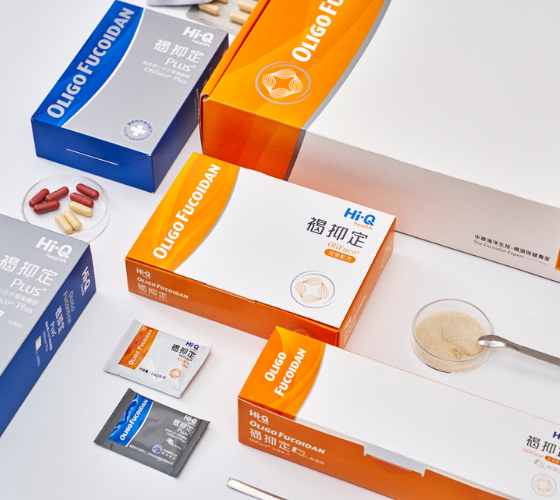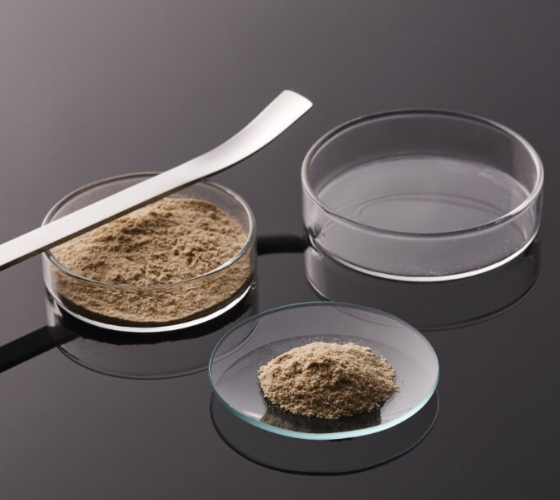Unlocking the Potential: Fucoidan as a Complementary Ally in the Battle Against Breast Cancer

In recent breakthroughs, Fucoidan, a complex carbohydrate derived from brown seaweeds, has emerged as an adjunct therapy in the fight against breast cancer. Studies reveal its ability to impede the proliferation of tumor cells, offering a complementary approach to conventional treatments.
Targeting Breast Cancer Cells
Research indicates that Fucoidan is especially effective against breast cancer cell lines, such as 4T1 and MDA-MB-231. It manages to inhibit their growth and disrupt their ability to form cell colonies. Additionally, Fucoidan has shown promising results in reducing metastatic lung nodules in experimental models, further establishing its anti-cancer potential.
Targeting Breast Cancer Cells
Research indicates that Fucoidan is especially effective against breast cancer cell lines, such as 4T1 and MDA-MB-231. It manages to inhibit their growth and disrupt their ability to form cell colonies. Additionally, Fucoidan has shown promising results in reducing metastatic lung nodules in experimental models, further establishing its anti-cancer potential.
Halting Cancer's Advance
Fucoidan's impact extends to reducing the mobility and invasiveness of cancer cells during EMT, hinting at the suppression of TGFR-mediated signaling pathways in breast cancer cells. It lowers the levels of crucial proteins like TGFRI and TGFRII and modifies signaling pathways, including those involving Smad2/3 phosphorylation and Smad4 expression.
Decoding Fucoidan's Mechanism
To further understand how Fucoidan achieves these effects, researchers delved into the ubiquitination activity of TGFRs. Findings revealed that Fucoidan enhances the degradation of TGFR through the proteasome, a pathway crucial for controlling protein levels within cells. This novel mechanism highlights Fucoidan's ability to interfere with cancer cell signaling, presenting a significant step forward in anti-tumor strategies.
A Beacon of Hope for Treatment
This groundbreaking research underscores Fucoidan's potential as a supplementary therapeutic agent in breast cancer care. By augmenting conventional treatments and targeting specific molecular pathways, Fucoidan offers a beacon of hope for enhanced therapeutic outcomes without negating the importance of existing medications and interventions.
Reference:
Research by Prof. Hsien-Yeh Hsu
Dept. of Biotechnology and Laboratory Science in Medicine,
National Yang-Ming University, Taiwan



